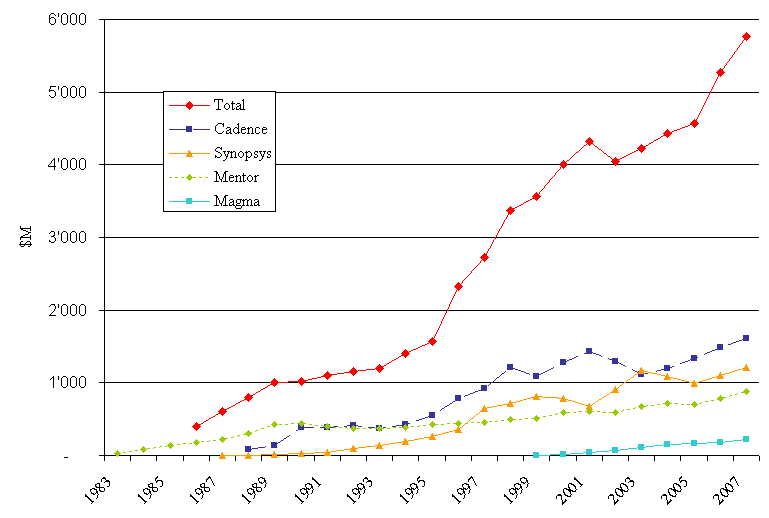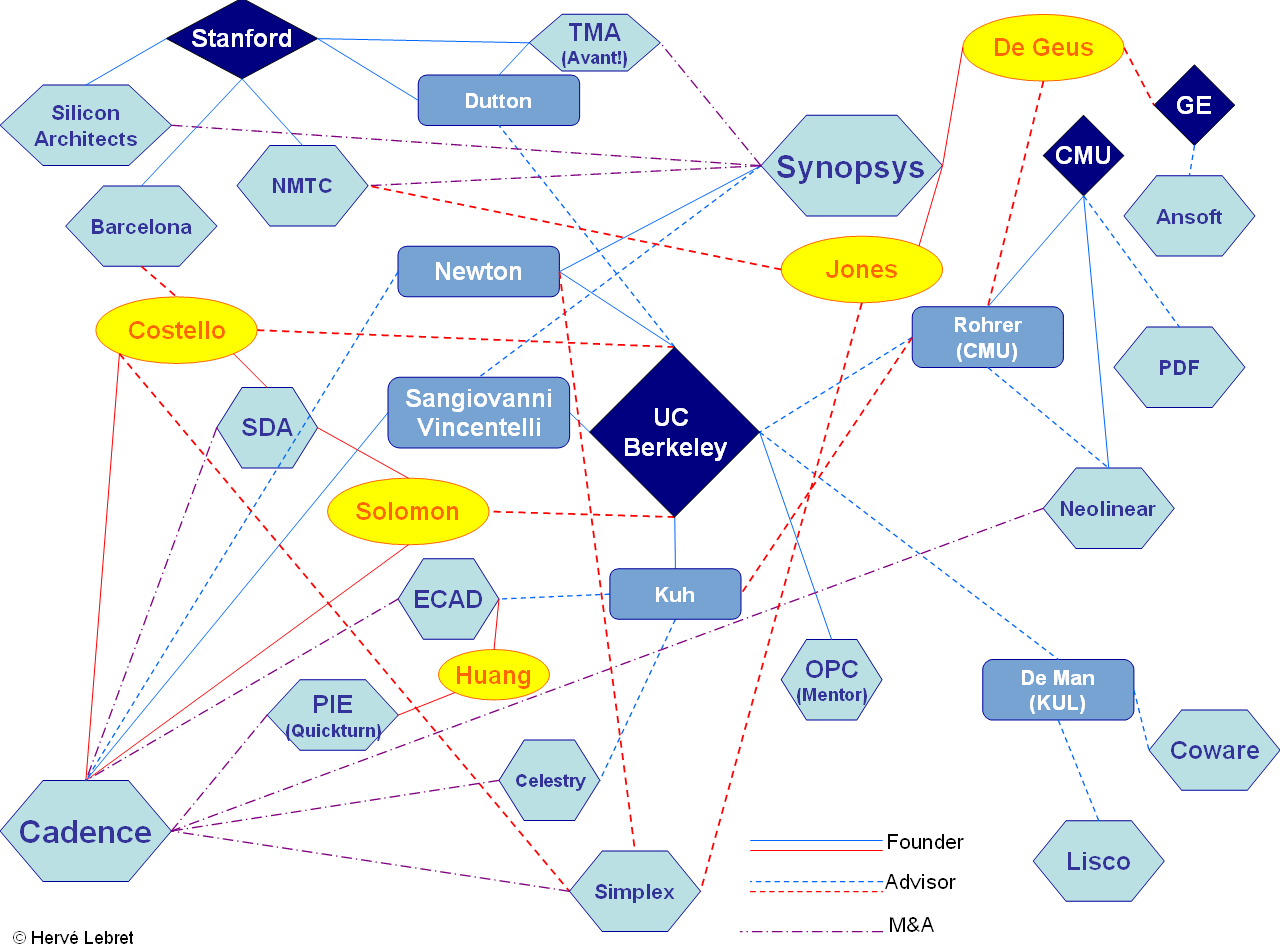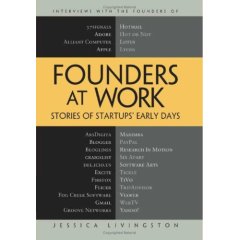Students from the Ecole Hôteliere de Lausanne who naturally have a taste for good food asked me the question recently. I took inspiration from Paul Graham and Steve Jobs to provide the ingredients. The text is available in pdf. Here is the full answer…

Is there a recipe for entrepreneurship?
“Launching a start-up is not a rational act. Success only comes from those who are foolish enough to think unreasonably. Entrepreneurs need to stretch themselves beyond convention and constraint to reach something extraordinary.” Vinod Khosla, founder of Sun Microsystems
Europe is aware that it is not as efficient with entrepreneurship as the USA, and Silicon Valley is the extreme illustration of the American model. Google, Yahoo, Apple, Cisco, Oracle, Intel are only a few examples. What are ours? What did we do wrong? My answer is that we have not bet on passionate individuals ready to take risks and face uncertainty: young people who may fail but will learn from their mistakes.
If you are not convinced or surprised with the argument, let me quote some Silicon Valley icons. Steve Jobs said about Silicon Valley success: “There are two or three reasons. You have to go back a little in history. I mean this is where the beatnik happened in San Francisco. It is a pretty interesting thing…You’ve also had Stanford and Berkeley, two awesome universities drawing smart people from all over the world and depositing them in this clean, sunny, nice place where there’s a whole bunch of other smart people and pretty good food. And at times a lot of drugs and all of that. So they stayed… I think it’s just a very unique place.”
The main investor in Apple, Steve Jobs’ company, Don Valentine adds: “Founders are genetically impossible by choice. There were only two true visionaries in the history of Silicon Valley. Steve Jobs and Bob Noyce [Intel’s founder]. Their vision was to build great companies… Steve was twenty, un-degreed, some people said unwashed, and he looked like Ho Chi Min. But he was a bright person… Phenomenal achievement done by somebody in his very early twenties… Bob was one of those people who could maintain perspective because he was inordinately bright. Steve could not. He was very, very passionate, highly competitive.” By the way, Bob Noyce mentored Steve Jobs.
Let me add one more quote by another investor, Tom Perkins: “The difference is in psychology: everybody in Silicon Valley knows somebody that is doing very well in high-tech start-ups; so they say to themselves “I am smarter than Joe. If he could make millions, I can make a billion”. So they do and they think they will succeed and by thinking they can succeed, they have a good shot at succeeding. That psychology does not exist so much elsewhere,”
Quotes may not be any proof, but consider the age of the Silicon Valley entrepreneurs: Steve Jobs was 21, the Google founders were 25, the eBay founder was 28, and the Yahoo founders were 27 and 29. Do not think this is linked to the Internet. Mister Hewlett and Packard were 26 and 27 in 1939 when they founded HP. Founders often come also as a team of two; many are foreigners, immigrants who have something to prove, “hungry people”.
But if we would try to find a recipe, a recipe that Europe could use to bake fresh Entrepreneurs for their economies, what would it be? Paul Graham, an entrepreneur whose blog, www.paulgraham.com, is a must-read, has his strange advice: two main ingredients are needed, rich people and “nerds”. In my recent book, “start-up”, I use his advice for my very own recipe:
– Take rich people and nerds.
– Do not add any bureaucracy, do not add concrete.
– In order to attract and keep enough nerds/cooks in a place, there is a need for a large and nice plate.
A university is a good choice, it needs personality, and it needs to be creative. Not only on its campus, but also in its surroundings, so that the ingredients feel comfortable in the plate.
– The ingredients should be fresh, i.e. they should be young and dynamic.
Graham also mentions liberal environments, which, he claims, tolerate strange and brilliant individuals. [Read again what Jobs said above about SV].
– Then the ingredients have to be put in the oven for a very long time.
Silicon Valley began in 1957. It took ten years, even twenty years, to make this region successful; it is about the time it takes to grow infants into adults.
– The oven should not be too hot, so that the desire is not killed, then the temperature should be increased to maintain the enthusiasm.
A temperate, pleasant climate is therefore necessary.
If all the conditions are in place, the result will probably be interesting.
Lausanne has many assets to become such a place. Lausanne has EPFL, Unil, EHL, IMD. It has rich people. It has a nice climate and nice food, a rich cultural environment. So what we “just” need is the desire to try. Of course, ideas and projects have to be well managed. But first and foremost, we need young people, not afraid of being ambitious. As a final word, I think we should also take more inspiration from Silicon Valley. First, visit the place and understand it better; second, invite back the Europeans who live over there and have experienced this unique culture. We have to learn from them. So you have my recipe for entrepreneurship. The recipe for success is more an Art than a Science and listen again to what Steve Jobs said in 2005 at the first graduate diploma ceremony he ever attended: “Stay foolish, stay hungry.”
Sources:
Paul Graham and Silicon Valley
http://www.paulgraham.com/siliconvalley.html
Steve Jobs at Stanford
http://news-service.stanford.edu/news/2005/june15/jobs-061505.html
“Start-up, what we may still learn from Silicon Valley”
https://www.startup-book.com










